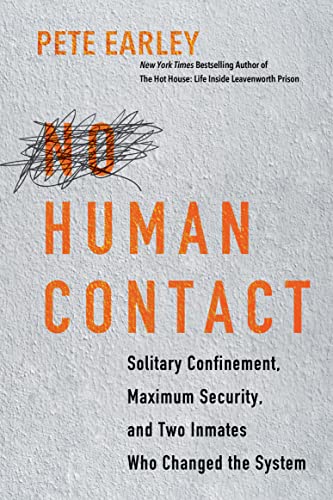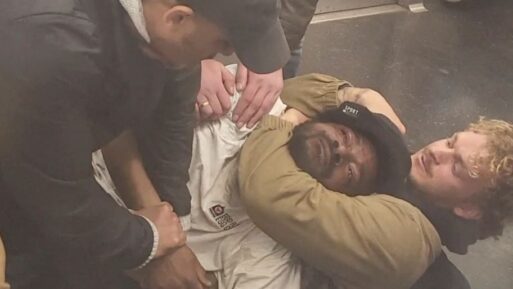
Available on Amazon
(5-24-23) What should society do with men who commit multiple murders in prisons and have no qualms about killing again?
Andrea Dukakis, a producer/reporter/host for Colorado Matters on Colorado Public Radio, raised this question during a phenomenal interview with me about my new book, NO HUMAN CONTACT: Solitary Confinement, Maximum Security, and Two Inmates Who Changed The System.
My book describes the troubled lives of Thomas Silverstein and Clayton Fountain who murdered other inmates in federal prisons before each killed a correctional officer on the same day in the same cellblock. Because there was no federal death penalty, both were held under total isolation – cut off from society – for decades.
Colorado is home to the federal Bureau Of Prison’s “Super Max” penitentiary in Florence, Colorado, where Thomas Silverstein was being housed before his dead in 2019.
During our conversation, Reporter Dukakis asked if long-term solitary confinement is harmful (it is) and if there a better alternative. Our interview begins with her questioning me about the horrific childhoods of both Silverstein and Fountain.
You have to visit the Colorado radio website to listen to our conversation.









